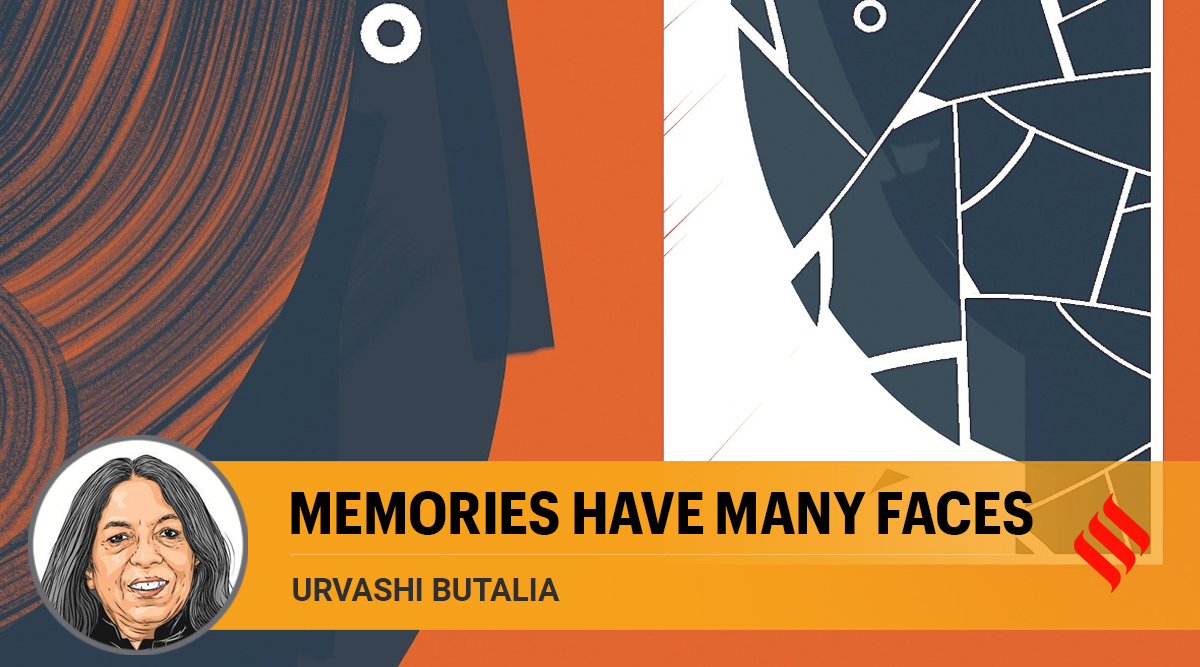

The divisions created then, lurks in the everyday lives of many, still.įocussing on the experiences of violence and pain of women, children, and Dalits particularly she provides a feminist retelling of the history of Partition. While Partition for us has been in the past, Butalia brings forth the fact that it is very much a thing of the present. Juxtaposing these with accounts of her personal life (she comes from a Partition affected family whereby her uncle and grandmother stayed back in what became Pakistan in 1947 while the rest of her family migrated to what would later become India), she does provide a lesson or two on reflexivity and feminist research methodology. Opening a pandora’s box of emotions, this book will surely take the reader to the lanes of erstwhile undivided India, while providing a “thick description” of the nuances of this phenomenon called Partition.Īlong with personal interviews, she has also looked at diaries, memoirs, newspaper reports, letters, and official documents to bring out the myriad voices of individuals that were lost in the political “facts”. Some being several pages long, these narratives are poignant, heart-wrenching, and soulful at the same time. She brings their suffering and pain to the fore through first-hand narratives of people who have experienced Partition in their lifetime.

Rather than considering the victims of Partition as mere “numbers” or “informants”, she looks at them as ‘human beings upon whose bodies and lives history has been played out’.

Urvashi Butalia, a feminist writer, activist, and publisher, does an incredible job in delineating and exploring the history of Partition from an “apolitical” perspective, from the perspective of memories etched in the minds of people.

“There is no way we can begin to understand what Partition was about, unless we look at how people remember it”.


 0 kommentar(er)
0 kommentar(er)
